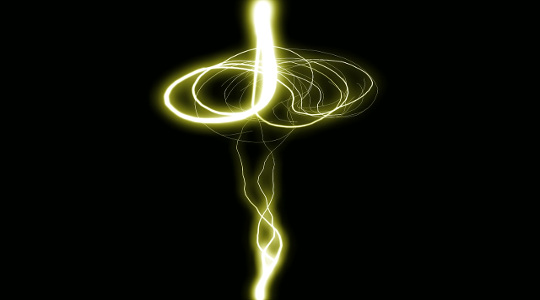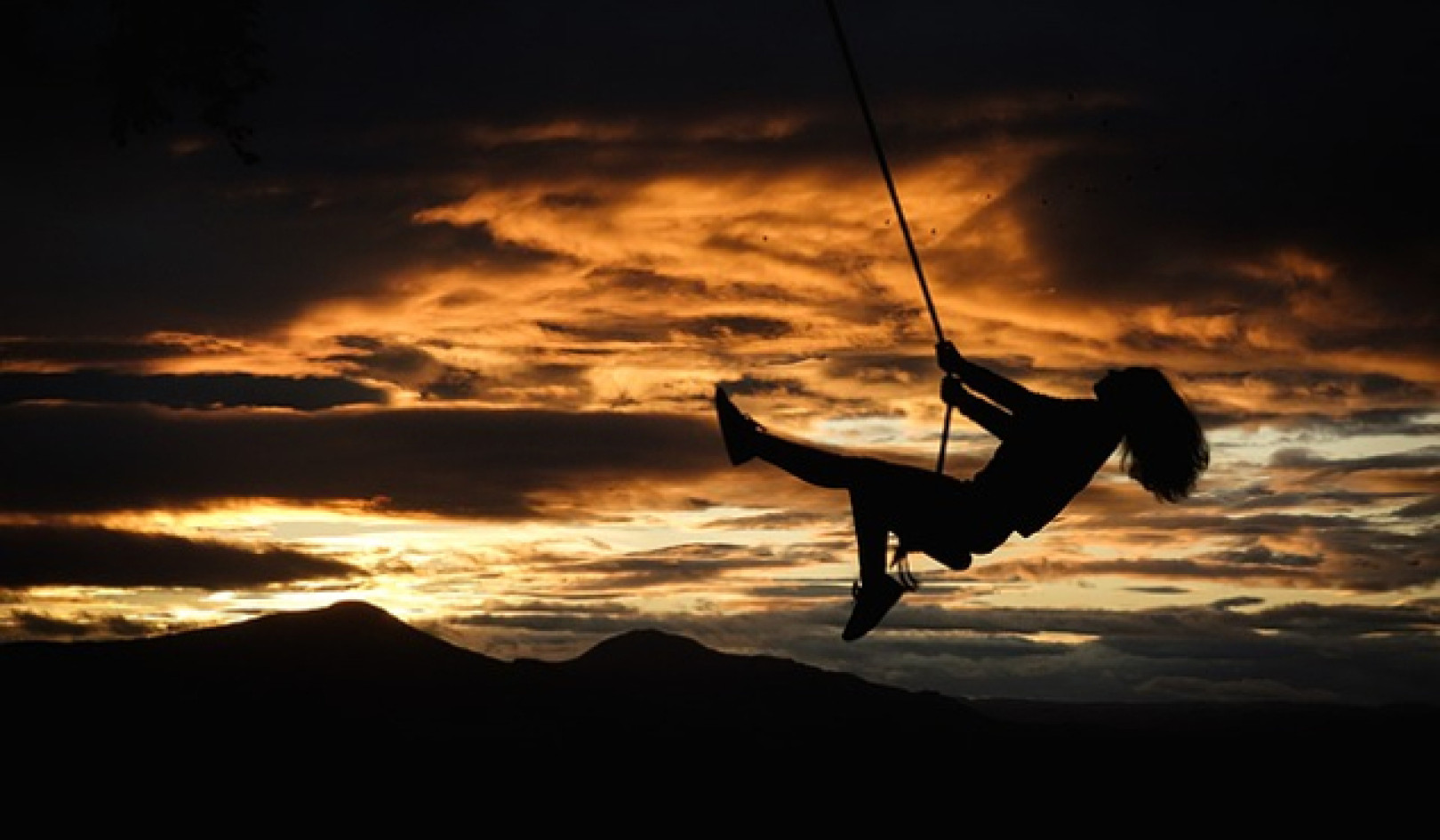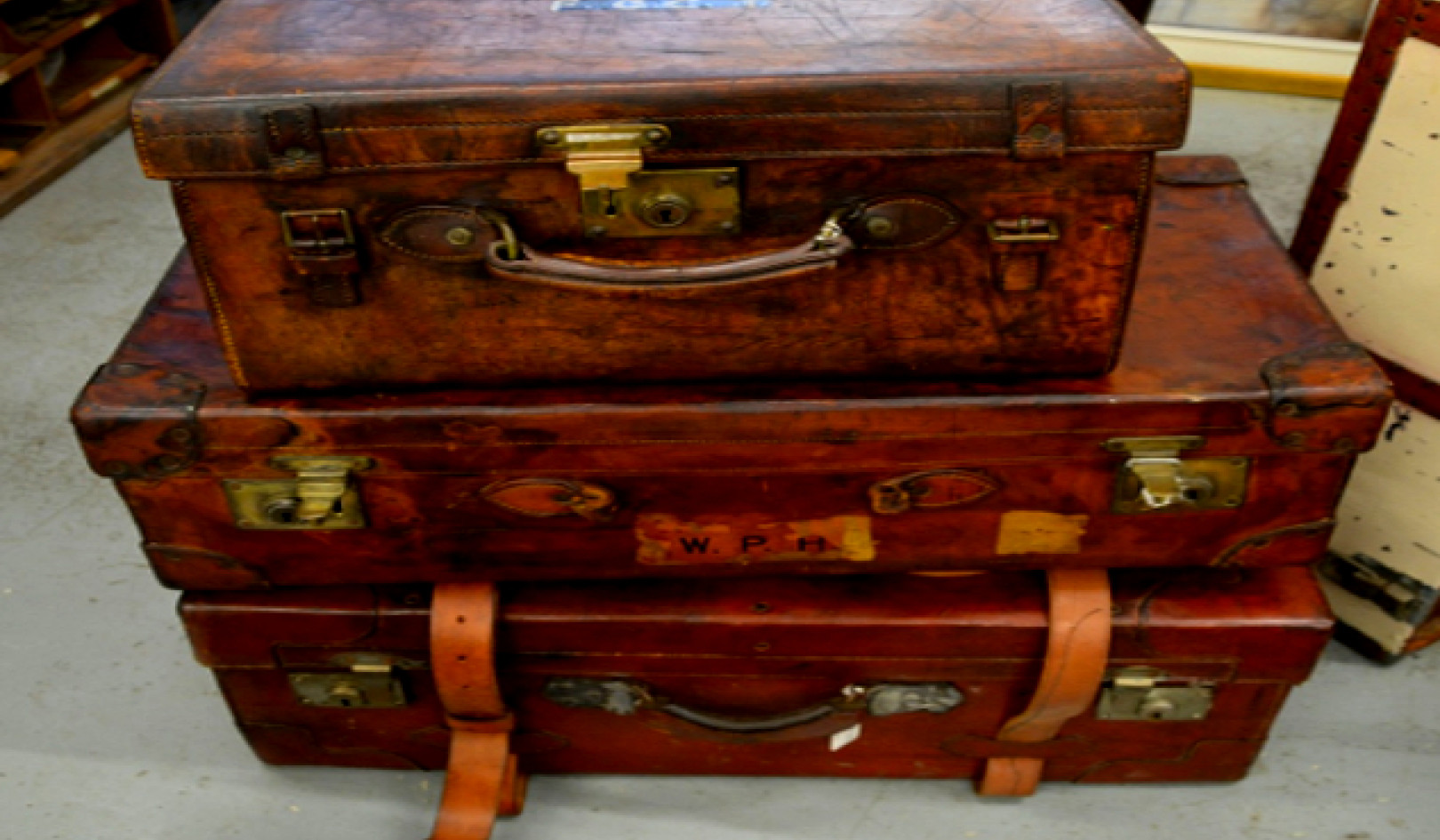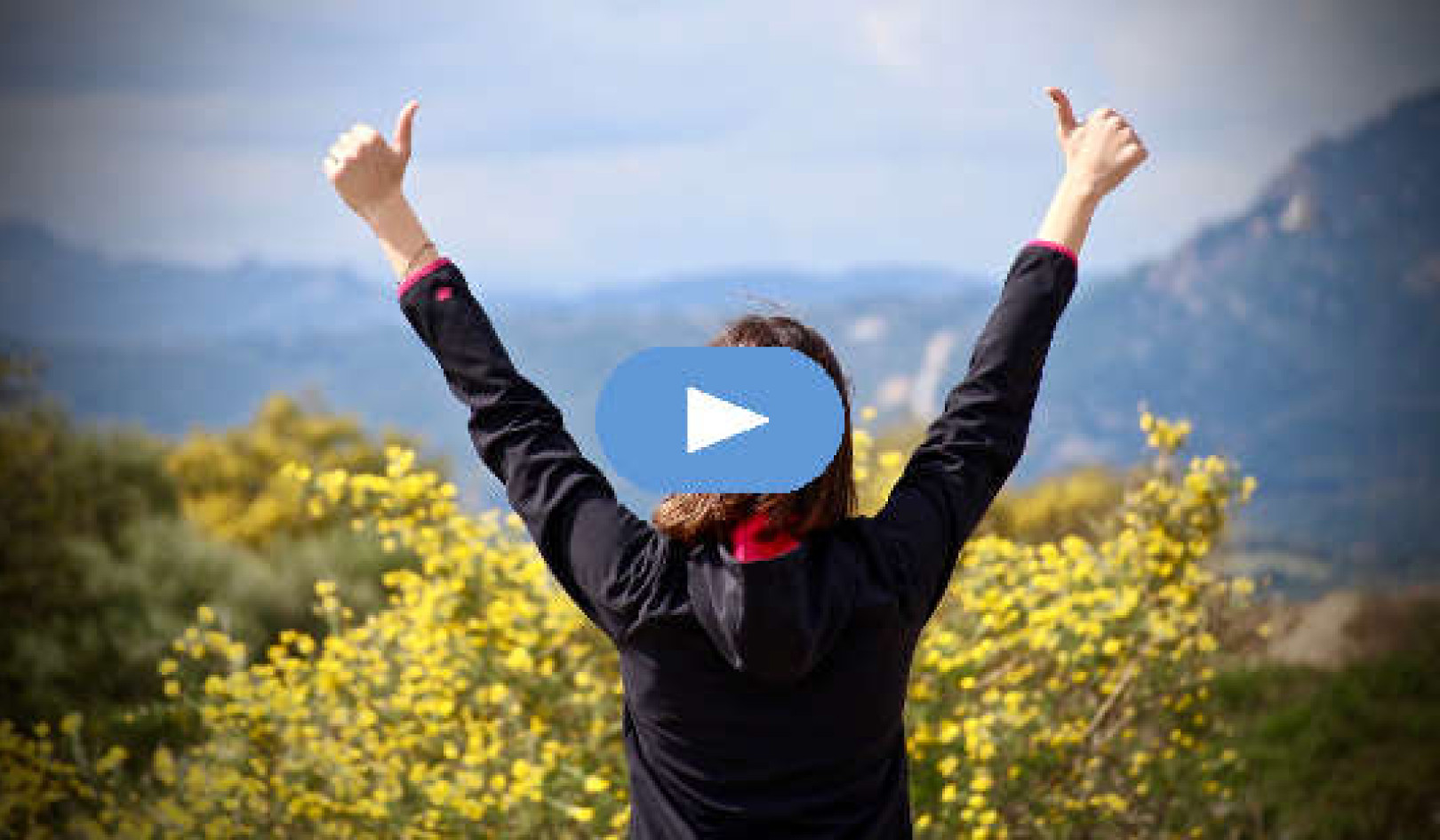
People who sense, feel, or see a light flash released from the body when a person dies are lucky, for it is an awesome thing. I have been privy to such scenes with animals as well.
To attend any deathbed is to be present at the altar of the soul. No one should be embarrassed or feel guilty about witnessing the soul's light as it glows in readiness, then flashes off. That flash, at least in what I have observed, is that burst of energy needed by the soul to jettison attachments to the physical body as it frees itself to move elsewhere.
Both science and mysticism attempt explanations for this phenomenon.
The Soul's Light
Back in the ’80s, Janusz Slawinski, a Polish physicist who was a faculty member of the Agricultural University at Wojska Polskiego in Poznan, posited that a death flash took place whenever an organism died, including humans. He described this flash as an emission of radiation ten to one thousand times stronger than normal and contained within it was information about the organism that just released it. He was roundly scoffed at by fellow scientists, yet no one has been able to discredit his discovery.
Slawinski’s death flash might actually be a light flash — and that is exactly what is described when felt by an onlooker or relative (as a sudden upwelling or exhilaration) and when seen by those present (as an instantaneous burst of light or an unusual glow).
Consider this testimony from Robin McAndrews: “When my husband passed away fifteen years ago, my friend, who was holding my son (then seven months old), myself, and the Catholic priest were in the room. At the moment he took his last breath, the three of us all saw a golden-white light travel in a perfect arc from my husband to explode around our son. Afterward, my friend and I walked the priest to the elevator. We asked him to explain what we’d all just seen. He refused to even comment and shushed me up. What a shame that he couldn’t have discussed this! I could have had fifteen years of support rather than the loneliness of being unsure.” McAndrews now believes that the arc of light was the final act of a father’s love reaching out to protect his son.
The Soul Does Not Fear Death
Our soul, that animating spark of fire that is our core essence, does not fear death. Only our personality does. The choices we make while still alive, what we do about what seems to us as true, determines how close we come to fulfilling our purpose in life—and we each have a purpose, a reason for being.
When we grieve for another, we’re really grieving for ourselves. We miss the spark of spirit that once animated the person we knew. We miss what could have been had the individual lived. Death stirs us to our core, crippling some with unimaginable pain while inspiring others to search far afield for answers. Why did it happen? What does it mean? What do we do next? What about the soul?
Our Fear of Even Speaking About Intuiting Death
It never ceases to amaze me how deft people are at avoiding the subject of death or how panicky they get should mention be made of anything having to do with the “psychic” or the “intuitive.” Unfortunately, neither happenstance nor coincidence explains the unexplainable.
After decades of experimentation, I discovered that our psychic/intuitive sense—and, yes, we all have it—is simply one of many survival skills we share as human beings, a particular skill that enables us to negotiate the uncertainties of life more easily.
Our intuitive sense kicks into high gear when death threatens or if someone important to us passes through death’s door. Any message about this death usually appears in our dream states or through a sudden shift in our behavior that seems to be directed or guided by spirit. Here are some examples:
Stephanie Wiltse, New York—“After my father had been admitted to the hospital with a stroke, I awakened from a dream about him every morning at exactly 5:30 a.m. The last morning, and third dream, I dreamt that my father was being wheeled out of an insane asylum (he had indeed been mentally impaired for some time). I was aghast that he was being released. But when I protested, I found myself chased around the facility as if I had been mistaken for an inmate. I awakened with a chuckle, thinking how ironic it was that he would escape whilst I would be confined there. Later that morning word came that my father had died. The time of death was 5:30 a.m.!”
Cynthia Sue Larson, northern California—“I went on vacation to Canada with one of my dearest friends and our spouses, and we got to talking about our wishes for funerals. John, the husband of my friend, insisted that he didn’t want his wife, me, or anyone else to be sad and depressed when he died. He said he’d much prefer that everyone enjoy a grand celebration to remember him and how much he loved us. This idea sounded great, so I promised John that I would do my best to celebrate when he died. Many years passed. On the very day that John was to die, I inexplicably felt compelled to prepare an ‘unbirthday party.’ This urge came over me as I was shopping with my daughter at an art supply store, and she asked for a toy that looked like a fish and wrote like a pen. Unlike me, I said, ‘Why not?’ I then proceeded to buy another toy pen for my other daughter and explained that these were unbirthday presents for the party we would have that very evening. My husband baked a cake. I frosted and decorated it. We all enjoyed the unique celebration. Afterward, I took a nice hot bath. While in the tub I got a phone call from John’s wife at the hospital telling me that John had just died. I felt amazed that I had kept my promise as he was actually dying.”
Have you ever noticed that the various kingdoms of nature respond to our life’s passages as well? Shooting stars, a dog’s howl, birds crashing into windows, weather oddities, a favorite mirror cracking or a clock stopping—all take on a heightened significance if associated with the moment of someone’s last breath. It’s as if the natural world participates in message giving, either as a warning of what’s to come or for comfort and reassurance after a person’s death has occurred.
Death Itself Is A Physical Force
Our earthly bodies are strongly influenced by earth laws and the energy tides that ripple and spin throughout the airspace of earth. I believe that death itself is a physical force, not just a condition that describes the absence of breath and pulse beat. Powers of greater import affect the force it wields, but so too does the prevailing mindset of the dying individual and his or her significant others. Because of this, a promise or concern can delay the finality of death. I’ve seen this happen on many occasions.
During the time I lived in Boise, Idaho, Margaret Matthews, a dear friend of mine, was killed in a horrible accident. Margaret, her husband, Frank, and their grandson were traveling by car to Yellowstone Park for a vacation. He was driving; she was on the passenger side, and their grandson was wedged in between them. Just as they crossed a bridge, a pickup truck, driven by a drunken teen showing off for his girlfriend, slammed head-on into them. Margaret was decapitated. Frank was crushed, yet he stubbornly clung to life as he and his grandson were rushed to the nearest hospital. When the attending physician determined that only the boy’s pelvis had been broken and that he would recover, Frank drew a sigh of relief and promptly died. Even when mangled beyond belief, he was protective of his grandson and would not leave until he knew for certain that the boy would live.
The death of Margaret and Frank Matthews was a triple tragedy. Once their grown children were notified, they in turn broke the news to Frank’s elderly mother, their grandmother. She was so shocked, she died instantly.
Can The Dead Return After They Die?
While making certain that there was plenty of food for everyone at the Matthews’s home during the days before the funeral for all three, I also did door duty. That means I was standing at the threshold when the neighbor across the street came running toward me, screaming at the top of her lungs,
“Margaret can’t be dead. Tell me she’s not dead. I saw her and I talked to her when the sheriff’s deputy said she had died. That’s not possible. She was here and I talked to her.'
The woman’s story, told with utter conviction and backed up by the deputy’s log of her telephone call, went like this: She was outside sweeping her stoop when she looked up and saw Margaret walking along her front sidewalk. She yelled at her and asked how she was doing. Margaret stopped, faced the woman, smiled, and said she was just fine. She smiled again, turned around, and kept walking to the door, unlocked it, and disappeared inside as the door closed. The neighbor thought nothing of this exchange until, after finishing her chores, she turned on the radio in her kitchen and heard the bulletin. She called the sheriff’s department to see if the broadcast was a prank and learned, much to her shock, that the time she and Margaret had been visiting was the exact same moment Margaret was killed.
I asked the neighbor if she had ever before experienced anything supernatural. She said no, then she stunned the crowd that had gathered by saying: “A couple of weeks ago, Margaret and I were talking, and I told her that I wanted more than anything else in the world to know if there was life after death. She promised me that the proof I needed would soon be coming. Then she smiled that special smile of hers, just like she did when I saw her yesterday.'
This isn’t all that Margaret did after her death. She manifested countless times, always seen as fully alive and responsive, whenever she could help another or be of service. These appearances of hers, plus other types of after-death communications from her, went on for almost a year.
Can the dead return after they die?
You bet they can.
For a period of time after death, it is commonplace for the dearly departed to return home or stick around that which is familiar. Unfinished business draws them back, or simply the desire to let their loved ones know they’re okay. Once satisfied that they have done all they can for the living, most of them complete their transition into the spirit realms.
Incidents do occur, however, in which the dying do not merge with their soul but remain a disembodied ego floating around or simply existing until someone or some thing wakes them up. That’s why prayer is so important at the deathbed and afterward. As powerful as the soul is, its memory can cloud or at times seem forgetful. Even a soul can use a little help.
* Subtitles by InnerSelf.
©2004, 2013 by P. M. H. Atwater, L.H.D.
Reprinted with permission. All Rights Reserved.
Publisher: A.R.E. Press.
Article Source
 We Live Forever: The Real Truth About Death
We Live Forever: The Real Truth About Death
by P.M.H. Atwater, L.H.D.
Click here for more info and/or to order this book on Amazon.
About the Author
 Dr. Atwater is an internationally known researcher of near-death experiences and a near death survivor, as well as a prayer chaplain, spiritual counselor, and visionary. She is the author of numerous books including: "Future Memory" and "Beyond the Indigo Children: The New Children and the Coming of the Fifth World". Visit her website at: www.pmhatwater.com
Dr. Atwater is an internationally known researcher of near-death experiences and a near death survivor, as well as a prayer chaplain, spiritual counselor, and visionary. She is the author of numerous books including: "Future Memory" and "Beyond the Indigo Children: The New Children and the Coming of the Fifth World". Visit her website at: www.pmhatwater.com
Watch a video with PMH Atwater: About Personal Near-Death Experiences































